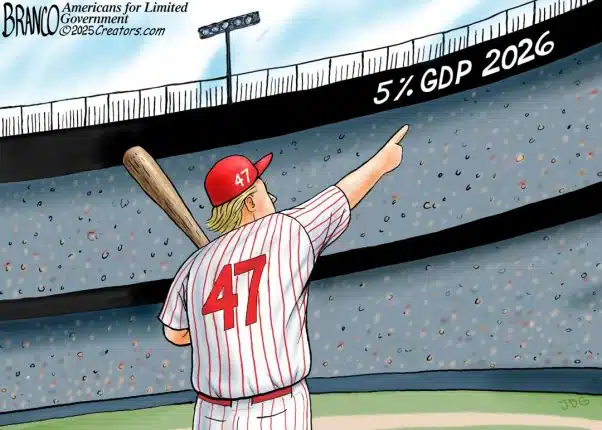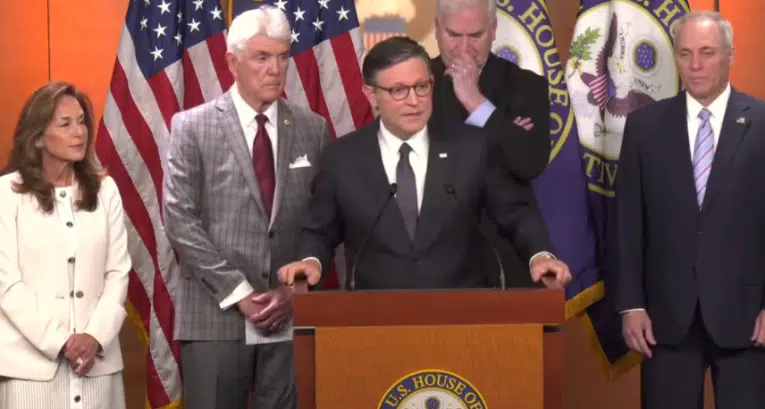 Craig Becker, a member of the National Labor Relations Board, should recuse himself from hearing the case brought against Boeing by the AFL-CIO–his former employer.
Craig Becker, a member of the National Labor Relations Board, should recuse himself from hearing the case brought against Boeing by the AFL-CIO–his former employer.
Many believe that Becker would be in direct violation of Obama’s ethics pledge if Becker doesn’t stay out of the case.
Becker, a former Associate General Counsel to both the Service Employees International Union (SEIU) and the American Federation of Labor & Congress of Industrial Organizations (AFL-CIO), has been on the NLRB since he was given a recess appointment from Obama in April of 2010.
Matthew Boyle from The Daily Caller has more on this subject:
Becker was employed by the AFL-CIO and the Service Employees International Union (SEIU) until at least February 2009, according to the White House. According to one interpretation of the pledge, Becker can rule on cases involving affiliates of those unions as long as the international-level unions aren’t named in the case or providing counsel for a party.
Critics say it is unacceptable for Becker to rule on cases directly affecting his former employers, their affiliates or their allies.
Crossroads GPS president and former Deputy Labor Secretary Steven Law told The Daily Caller he thinks Obama should make an open call for Becker to recuse himself from cases like this.
“If President Obama intends to live up to the ethical standards he promised in his executive order, he should immediately insist that Craig Becker recuse himself from any further involvement in rulemakings that would benefit his former union employers,” Law said in a email.
Becker has come under fire for failing to recuse himself in such cases before. Last summer, California Rep. Darrell Issa, then the ranking Republican on the House Oversight Committee, pushed the administration and NLRB to investigate whether Becker’s refusal to recuse himself from cases involving local SEIU chapters was a breach of Obama’s pledge.
This situation gets even stickier for Becker because he signed the ethics pledge created by the Obama White House.
Obama’s ethics pledge says his political appointees will not “participate in any particular matter involving specific parties that is directly and substantially related to my former employer or former clients, including regulations and contracts,” for two years after they’ve been appointed.
According to a “definitions” clause in the pledge, the phrase “directly and substantially related to my former employer or former clients” means that the matters in question have the appointee’s former employer “is a party or represents a party.”
Becker signed the pledge.
The Obama administration declined to answer questions about the specifics of the pledge as they pertain to Becker.
For instance, the administration refused to tell TheDC what constitutes a “party” or qualifies someone or something as “represents a party,” in the pledge.
Obama spokespeople also refused to say whether or not the president considers the AFL-CIO a “party” in the Boeing case, since an affiliated union brought the case. The administration also won’t say what punishment it plans to impose on those political appointees who break Obama’s ethics pledge.
President Obama activated the “ethics pledge” with an executive order as one of his first actions in office. The executive order’s vague language and loopholes cause critics like Nathan Mehrens at Americans for Limited Government (ALG) to say the Obama administration’s “pledge” to ethics is just another “empty promise.”
“The problem is the dichotomy between the vaunted public show of ‘ethical’ behavior and the actual real-life rules that mean that the ethics pledge is virtually meaningless as a method of prohibiting questionable conduct,” Mehrens told TheDC. “In reality, they can’t even follow their ‘ethical’ standards.”





